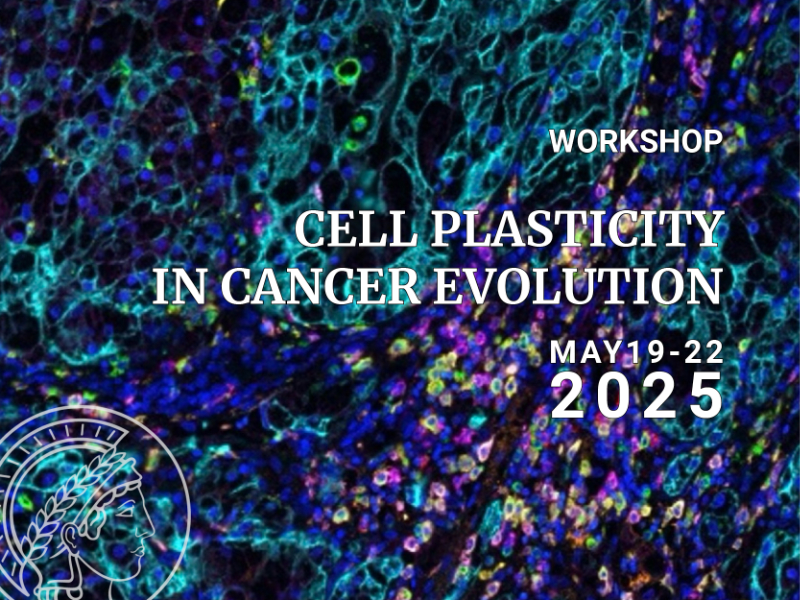Speaker
Description
Cell plasticity refers to the ability of cells to change their identity or function in response to internal or external cues. This remarkable ability is traditionally associated with embryonic development, where stem cells and progenitors choose from multiple downstream fates to form specialized, functional tissues and organs. Under normal conditions, cell fate commitments are stable, ensuring the proper functioning of specialized tissues throughout life. In the last two decades, it has been shown that cell plasticity can be induced experimentally but also occurs naturally and in response to chronic physiological and pathological stresses. In terminally differentiated adult cells, cell plasticity primarily serves as a mechanism for tissue adaptation and repair. While it is certainly advantageous in these contexts, this plasticity also carries risks, as evidenced by its involvement in various disorders, including cancer. Our research explores how cells make decisions during embryonic development and investigates the extent to which these decisions are reversible. To understand the plasticity of cell fate commitment, we employ single-cell sequencing and genetic tracing techniques. This phenomenon is of particular interest to us because of an evolutionary perspective: as organisms became more complex, they lost much of their regenerative capacity compared to simpler organisms. While species like planarians can regenerate large portions of their bodies, most higher vertebrates have a much more limited regenerative ability. We hypothesize that, to compensate for this loss, complex organisms have evolved to utilize cell plasticity, particularly in certain cell types. Infrastructures such as blood vessels and peripheral innervation, which reach virtually every part of the body, harbour specialized cells capable of dedifferentiation, giving rise to a spectrum of other cell types. While this adaptation enables the organism to replenish needed cell types, it is also implicated in pathological conditions such as congenital syndromes, diseases, and cancer. I will summarize our findings on the plasticity of cell fate decisions, emphasizing how these insights can advance our understanding of cellular processes in the context of cancer and regenerative medicine.

